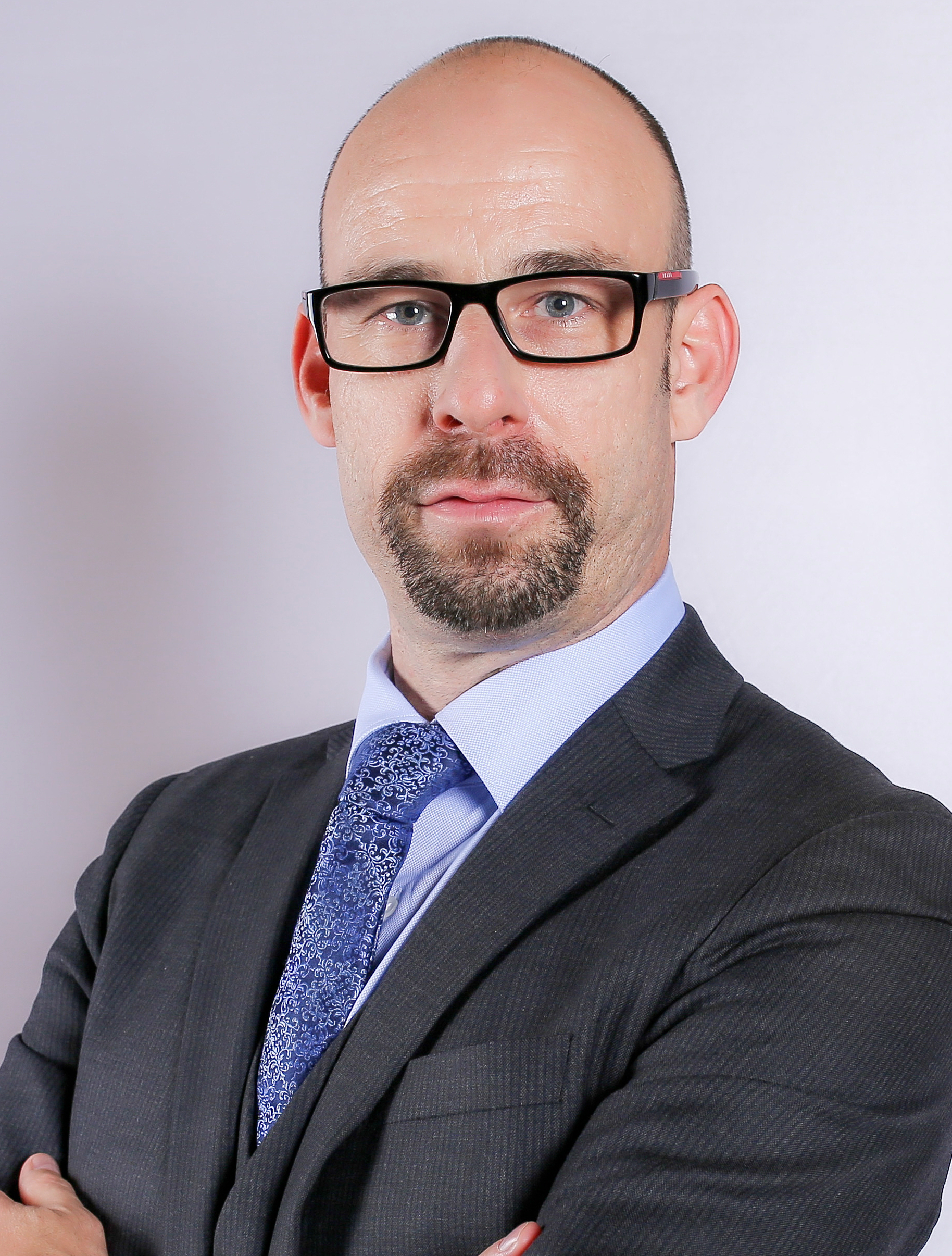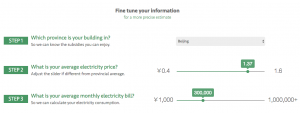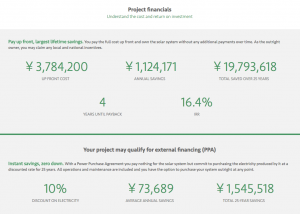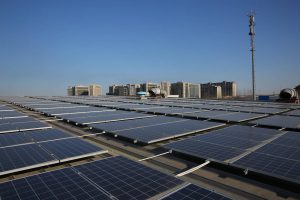China Paves Way to Allow Clean Energy Purchase from Nearby Distributed Sources
Corporations keen to source clean energy understand the advantages of distributed generation. Apple, a leader in corporate renewable energy purchase, wrote in its Environmental Responsibility Report that “Apple’s renewable energy approach goes a step further to make sure we ‘deposit’ on the same grid as the energy we are ‘withdrawing.’” This preference is because distributed generation (DG) faces less power loss during transmission, no curtailment risks, and corporates can contribute to local economies and communities.
But China’s not-so-liberal power market has so far prevented a consumer from buying electricity from nearby distributed generators. Electricity from a rooftop solar project, for example, can either be used by the building directly beneath, or be sold back to the grid – and dispatched just like electrons from any other source.
This past month, China’s National Energy Administration (NEA) finally made a big step to break that restriction, by introducing a draft policy on “distributed power trading pilots.” In the draft, distributed energy projects can sell power to nearby consumers, and the grid company will charge a “transmission fee” when delivering power. Some preliminary details below:
-
For the first batch of pilots, power retail would only be allowed in very small areas. Power sellers and buyers should be in the same 35kV power supply network – which is normally a district in cities like Shanghai – or the same 110kV network when it is the lowest voltage network, such as in industrial parks.
-
Distributed power generators can sell power in three ways: 1) They can trade directly with an end consumer within an 110kV network; 2) They can also delegate the grid company to sell power; 3) Or they can choose not to participate in the retail market and have the grid company purchase all of its electricity. For a buyer, this means it can purchase power from a DG source directly or from the grid for DG electricity.
-
The government will acknowledge clean energy purchased through this mechanism when measuring a company’s clean energy and energy saving efforts. For carbon credits, the buyer and seller can settle attribution among themselves directly.
-
The policy is subject to distributed power projects with installed capacity below 20MW. City- and province-level grid companies will set up trading platforms.
Testing the water cautiously, the government will announce the first batch of pilots by May 31st, and trading is to start on July 1st. At the end of 2017, it will decide whether and how to expand the pilot area.
We expect power retail pilots to be set up in limited areas at first – an easy starting point would be in industrial parks where power networks are more independent. Even with the small scale, this is an encouraging sign that Beijing is opening up power retail specifically for the distributed market. Furthermore, NEA specifically mentioned that the retail policy will not affect the current subsidy scheme for distributed renewables.
For corporations, this policy means that in the near future, more clean energy sourcing options will be available. Corporates will be able to support distributed projects that will create environmental and economic value locally.





